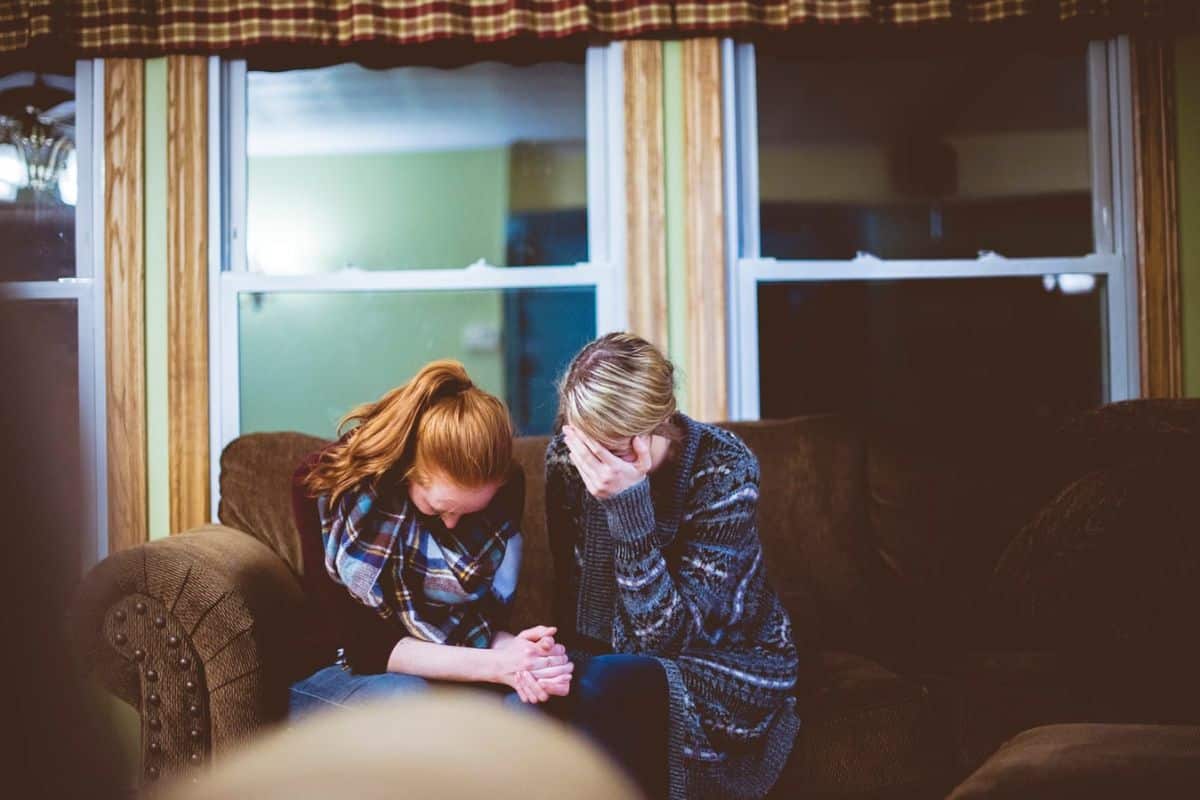Who Does Grief Counseling for Bereaved Families?
Grief counseling can be beneficial for individuals and families that have lost someone important in their life. When the lost loved one is a parent, child or sibling, it can help to have a professional that can guide you through the grief process, especially when the death is unexpected.
Grief counseling is a specialized field of psychology, geared specifically to helping those who are struggling with grief find the coping skills they need to move on with their lives. Not all therapists, counselors or psychologists may specialize in bereavement counseling, even though most have had some form of training in the area. When trying to find the right grief therapist or counselor for your family, you should consider the different options available to best meet your needs.
Types of Grief Therapists
The title of grief therapist can be applied to many different types of counselors and education levels. A grief psychologist may have more advanced degrees than a therapist or counselor, but both may offer help for those dealing with a loss in their family. To find the right professional for your needs, consider the different types of grief therapists available.
- Psychologists or Psychotherapists. A grief psychologist or psychotherapist has an advanced degree in psychology. This is often a doctorate in psychology or psychiatry. This is a specialized field; those who are psychiatrists can prescribe medications, as well as offer counseling.
- Marriage and Family Therapists. For those seeking grief counseling for themselves and their spouse, or for the entire family, a marriage or family therapist may be beneficial. Seek one that specializes in grief counseling, which can help with the larger dynamics of grief within the family or couple dynamic.
- Social Work Therapists/Counselors. Many social workers or human service workers are trained in grief counseling. These professionals usually work through government agencies, hospitals and other medical facilities, offering counseling for families, including bereavement counseling.
- Licensed Professional Counselors. When choosing a grief therapist, look for the credentials of a licensed professional counselor. To obtain this designation, the therapist must have undergone graduate work and met certain criteria to receive a counseling license. A licensed grief counselor in Texas is more likely to have advanced education. It is important to choose a licensed counselor who has advanced training in grief counseling.
Therapy and counseling are terms that are often used interchangeably, but they can mean different things when dealing with grief. Grief counseling usually refers to meeting with a professional to work through the stages of grief. On the other hand, grief therapy can involve more in-depth mental health work for those with ongoing issues in their life related to bereavement. For those in the initial stages of grief, counseling can help deal with the emotions you are experiencing.
Finding a Family Grief Counselor
There are many resources to help you find the right grief counselor for you and your family, regardless of your budget. If you have coverage for therapy through your health insurance, this can give you more options, but there are also options for those without insurance or on limited incomes. Here are some resources to help you find grief counseling for you and your family:
- Non-profit organizations. Organizations like Children’s Bereavement Center of South Texas (CBCST) can help families find grief counseling in Texas, even those living outside of “south Texas,” including the Dallas area.
- Online resource sites. There are many online websites dedicated to matching families with counseling services. Make sure to specify grief counseling in your search criteria and when considering reviews.
- Department of State Health Services. Your state and local government has resources to connect families with grief counseling services. Some may offer sliding fee scales or help for those with limited incomes.
- Local hospitals, hospices and medical facilities. Bereavement counseling is available through many medical facilities, including local hospitals, hospices and counseling centers.
- Churches and outreach programs. Many churches and community outreach programs offer grief therapy for families. Grief centers are designed to offer group therapy for individuals and families, but if you prefer private sessions, seek a licensed grief counselor.
Family Grief Counseling for Wrongful Death
A specific area of grief counseling is for those recovering from the loss of a family member due to wrongful death. This can be more traumatic for families and involves different factors than a death from disease or aging. There are grief counselors who specifically offer counseling or therapy for families who are suffering from the loss of a loved one from wrongful death and can address the unique aspects of this type of tragedy.
Not only can losing a loved one impact your family emotionally, it can have financial implications. If you have lost a loved one due to wrongful death, you may need legal help to explore your financial options as well as grief counseling for your family. Contact our team at GreeningLaw, P.C. for respectful, caring advice on your legal options if you have lost a family member due to a wrongful death scenario.





